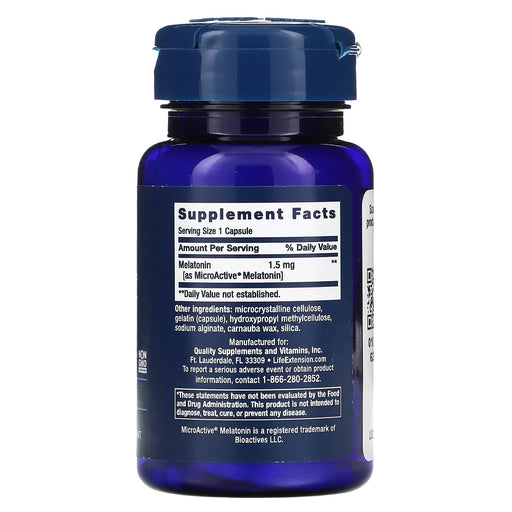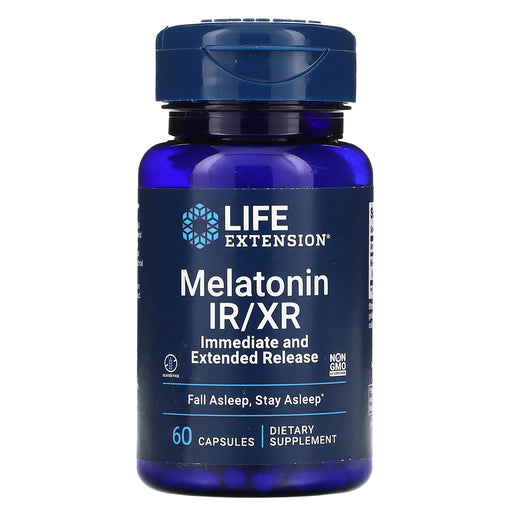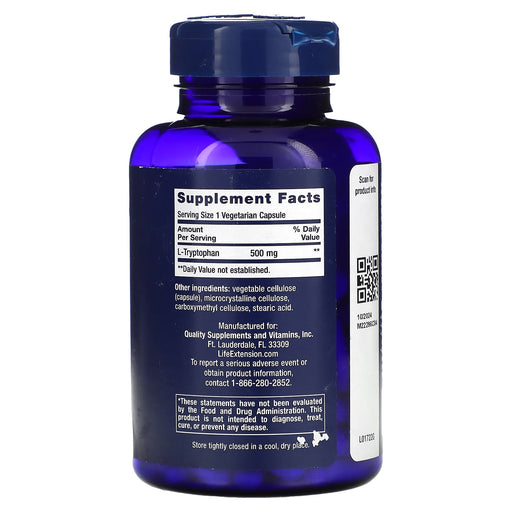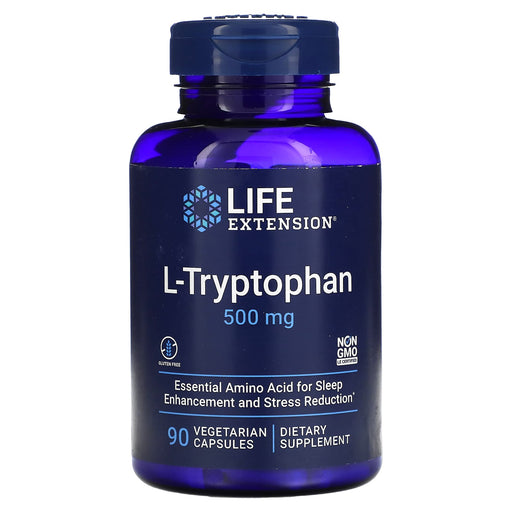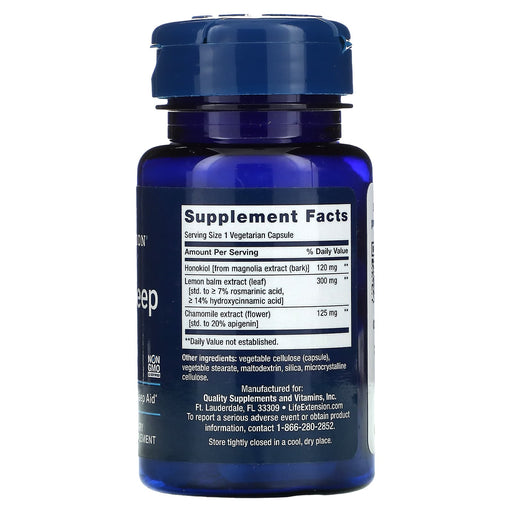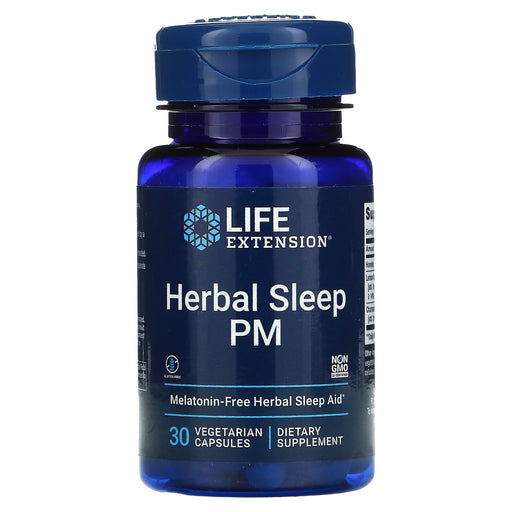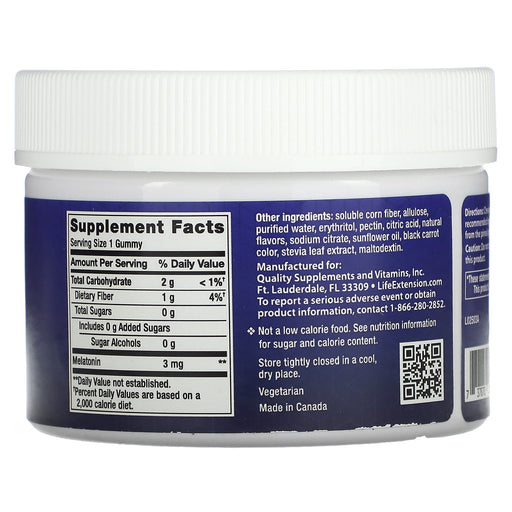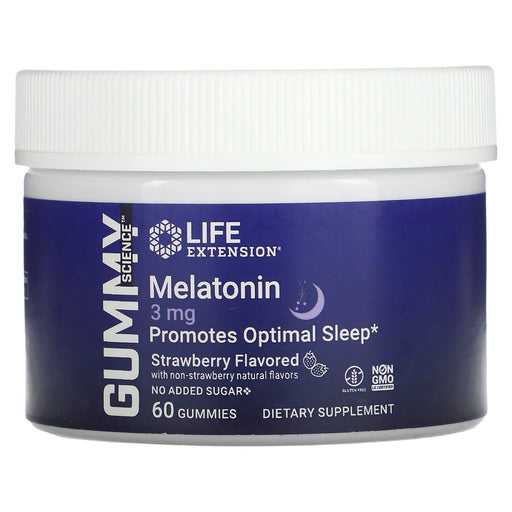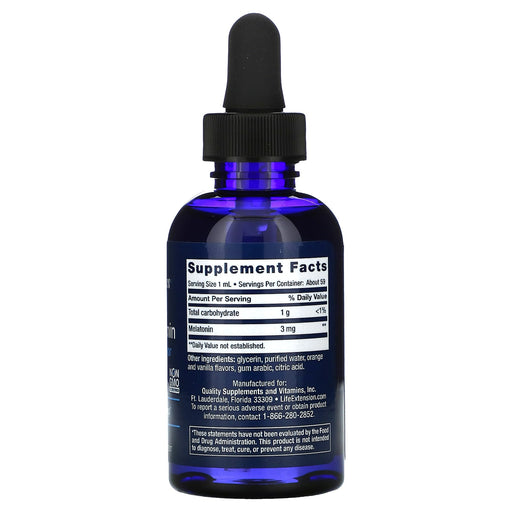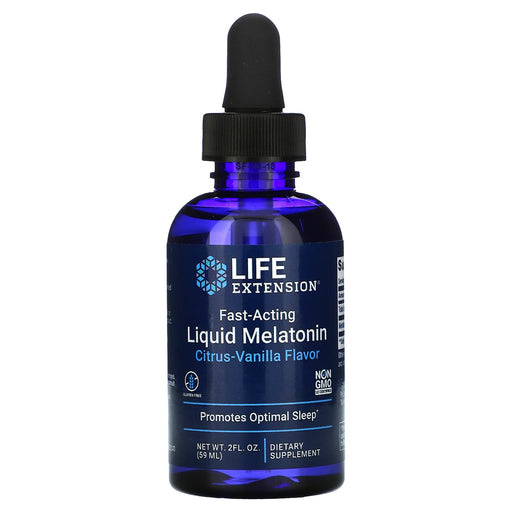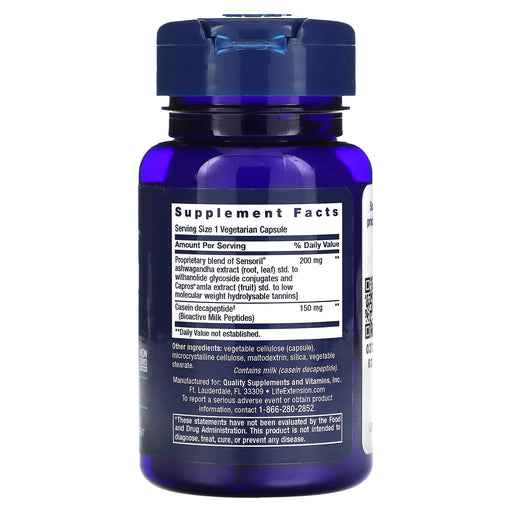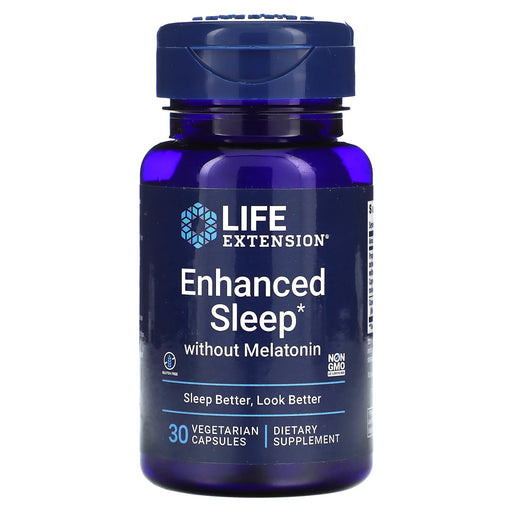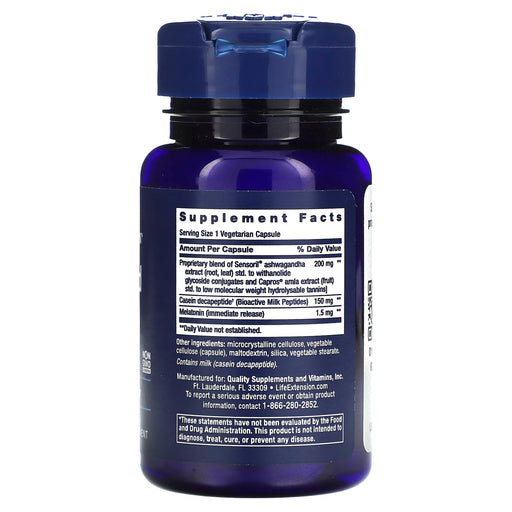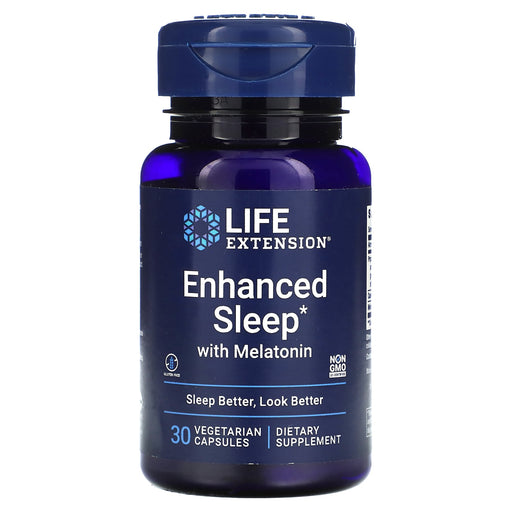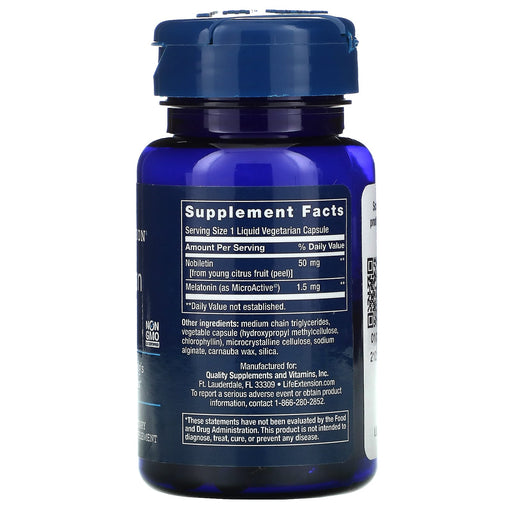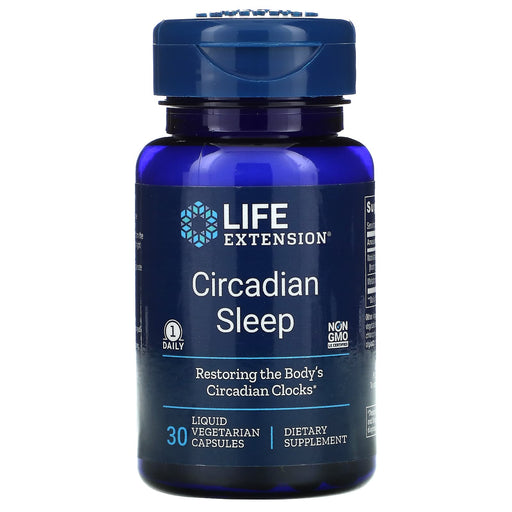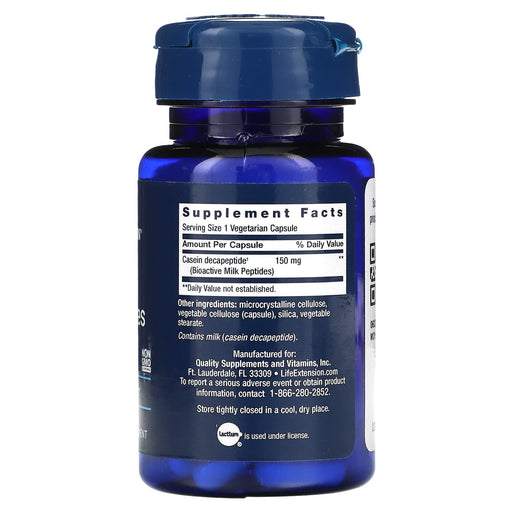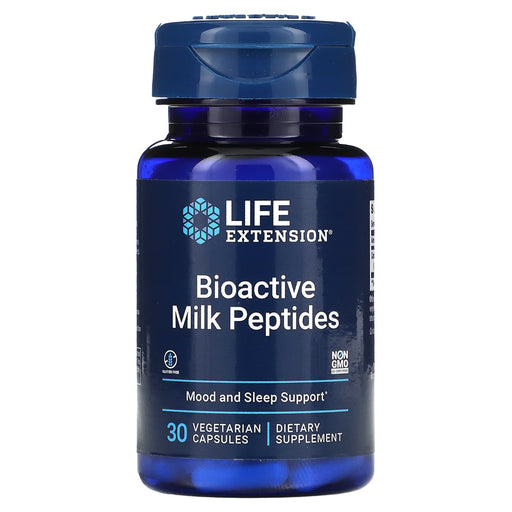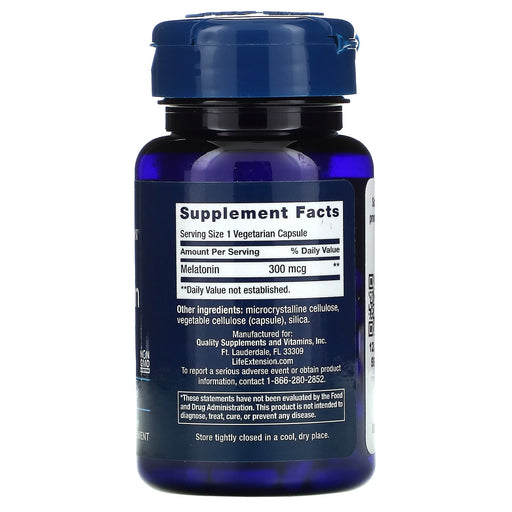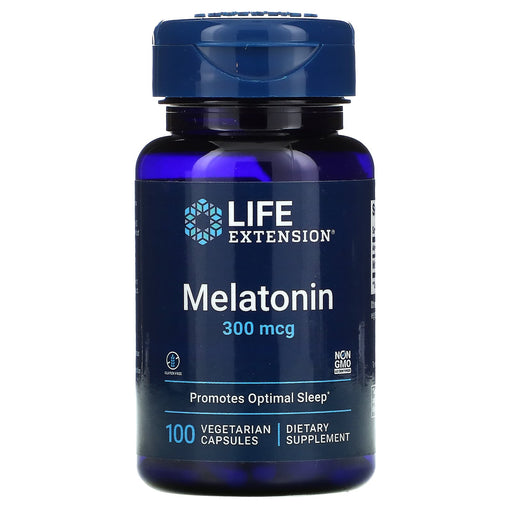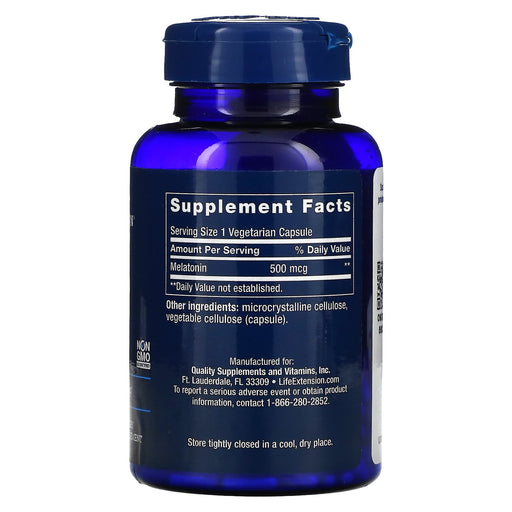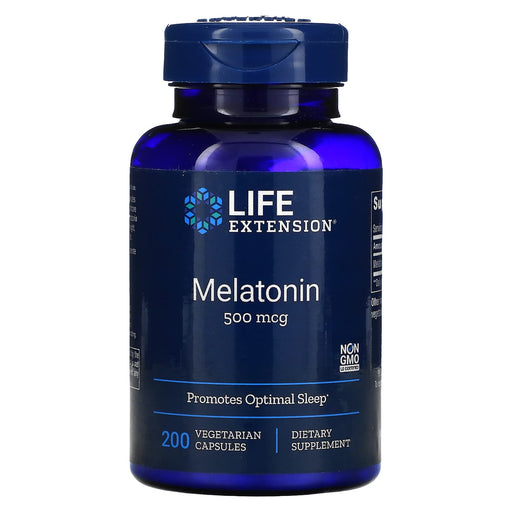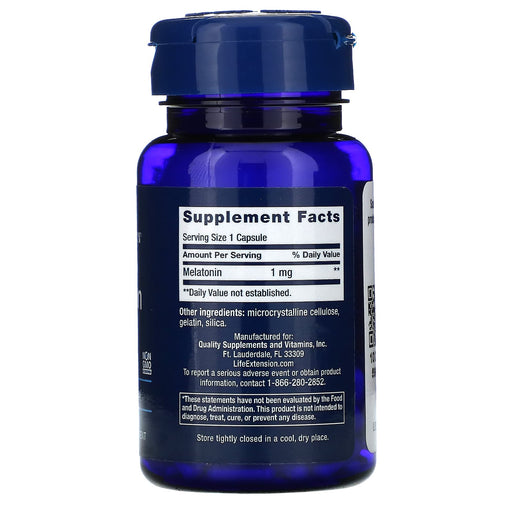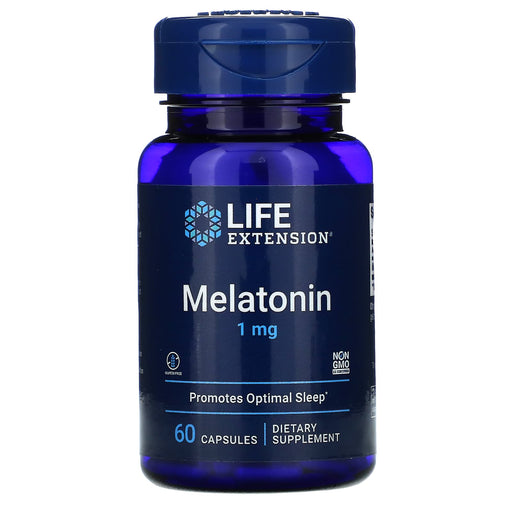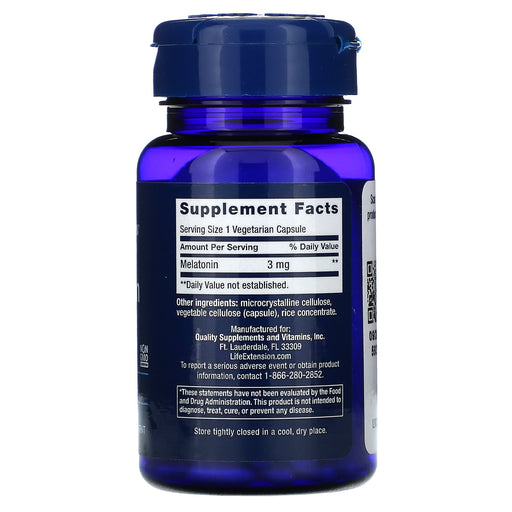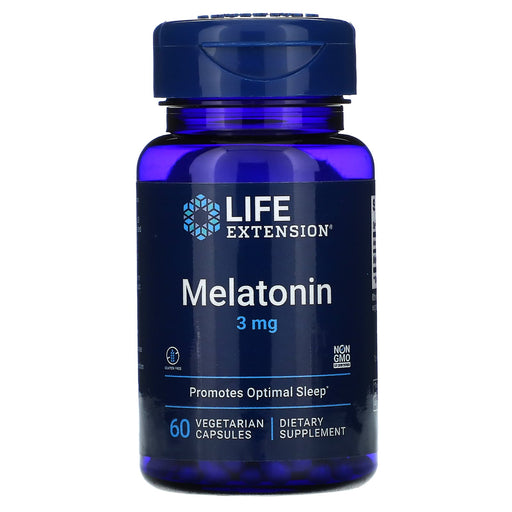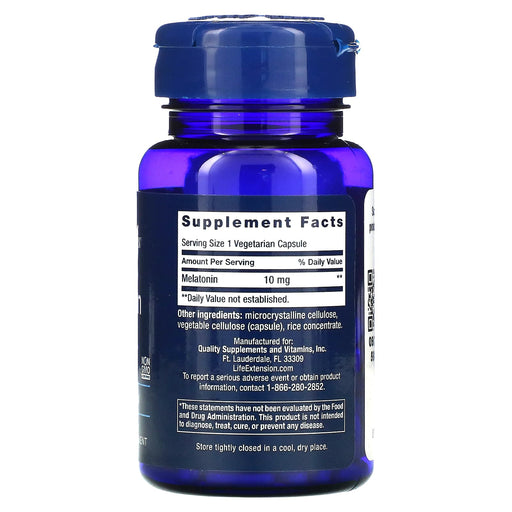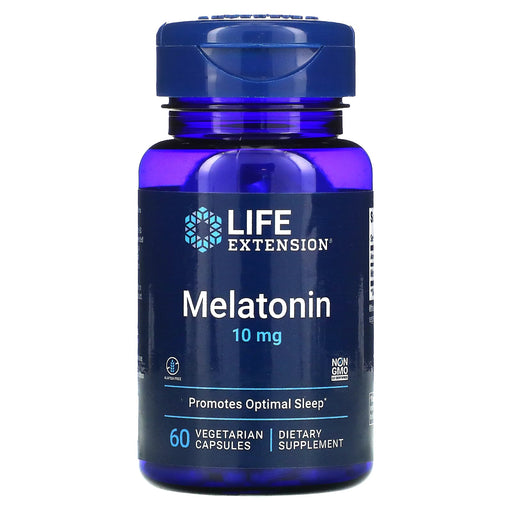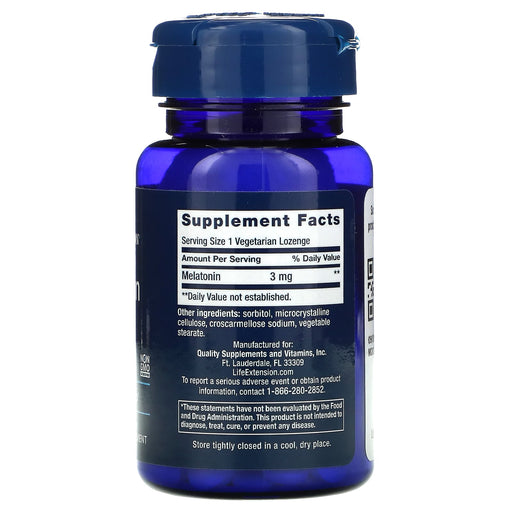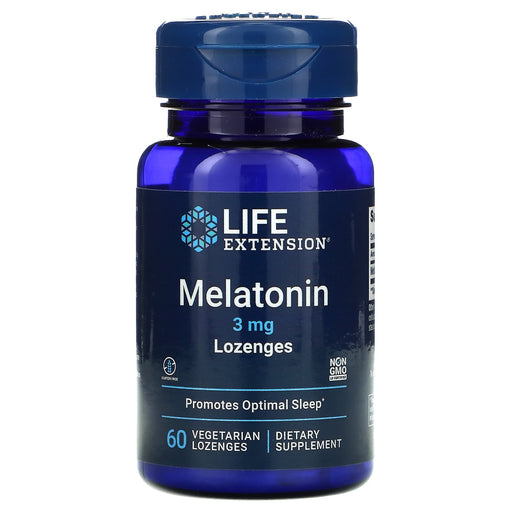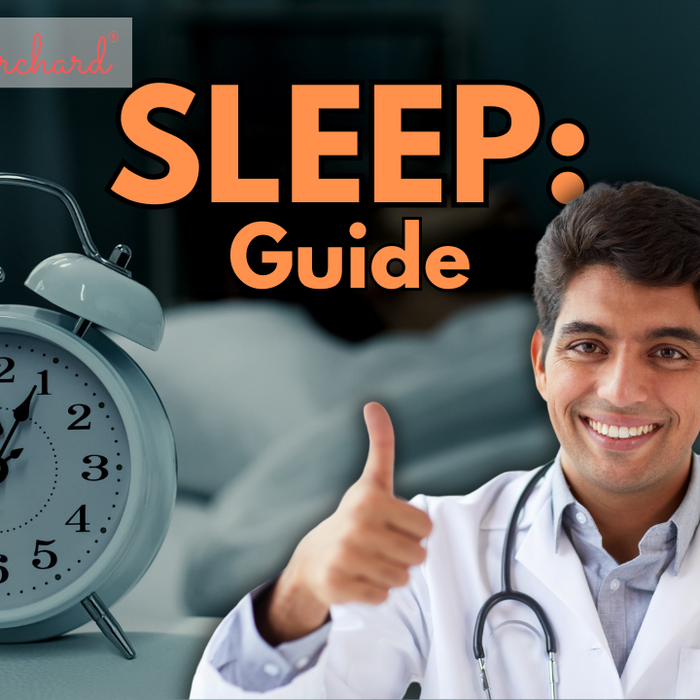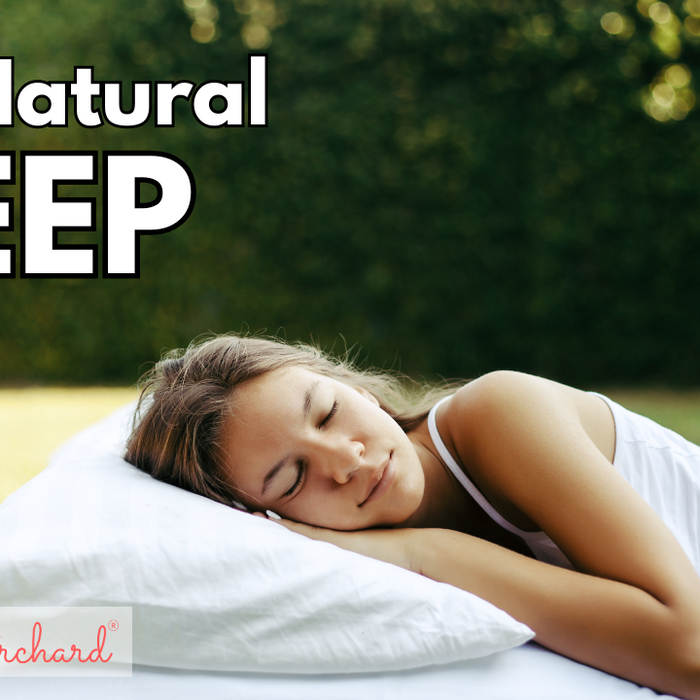
Promote Restful Sleep and Optimal Well-Being with Sleep Support Supplements
Sleep is a vital component of overall health and well-being, playing a crucial role in physical recovery, cognitive function, mood regulation, and immune health. However, with the stresses and demands of modern life, many individuals struggle to achieve consistent, quality sleep. Sleep support supplements offer a natural way to promote relaxation, improve sleep quality, and encourage a more restful night's sleep.
Key Ingredients in Sleep Support Supplements
Sleep support supplements often contain a blend of natural ingredients that work synergistically to promote relaxation, reduce stress and anxiety, and support healthy sleep patterns. Some of the most common and effective ingredients found in these supplements include:
- Melatonin: A hormone naturally produced by the body that regulates the sleep-wake cycle. Melatonin supplements can help regulate sleep patterns, reduce the time it takes to fall asleep, and improve overall sleep quality.
- Valerian Root: An herb with sedative properties that has been traditionally used to promote relaxation, reduce anxiety, and improve sleep quality.
- Chamomile: An herb known for its calming effects, often used to promote relaxation, reduce stress and anxiety, and support restful sleep.
- Passionflower: An herb that has been shown to reduce anxiety, promote relaxation, and improve sleep quality, particularly in individuals with mild sleep disorders.
- L-Theanine: An amino acid found in green tea that promotes relaxation and reduces stress and anxiety, without causing drowsiness.
- Magnesium: An essential mineral that plays a role in muscle relaxation, nerve function, and stress reduction, supporting overall sleep quality and duration.
Benefits of Sleep Support Supplementation
Incorporating sleep support supplements into your health regimen may offer several potential benefits, including:
- Improved Sleep Quality: The natural ingredients in sleep support supplements work together to promote relaxation, reduce sleep disturbances, and enhance the overall quality of your sleep.
- Faster Sleep Onset: Ingredients like melatonin and valerian root can help reduce the time it takes to fall asleep, making it easier to drift off into a restful slumber.
- Reduced Stress and Anxiety: Many of the herbs and amino acids found in sleep support supplements, such as chamomile, passionflower, and L-theanine, have calming properties that can help reduce stress and anxiety, promoting a more relaxed state conducive to sleep.
- Better Daytime Functioning: By improving sleep quality and duration, sleep support supplements can help you feel more refreshed, alert, and focused during the day, enhancing cognitive function and overall well-being.
- Support for Healthy Sleep Patterns: Sleep support supplements can help regulate your sleep-wake cycle, promoting more consistent and healthy sleep patterns over time.
Choosing the Best Sleep Support Supplement
When selecting a sleep support supplement, consider the following factors to ensure you choose a high-quality product that meets your needs:
- Quality and Purity: Look for supplements that are manufactured by reputable companies, free from artificial additives and contaminants, and third-party tested for purity and potency.
- Effective Dosages: Choose supplements that provide clinically effective dosages of key ingredients, based on scientific research and expert recommendations.
- Synergistic Formulas: Opt for supplements that combine multiple sleep-supportive ingredients for a synergistic effect, addressing various aspects of sleep quality and relaxation.
- Brand Reputation: Select supplements from trusted brands with a history of producing high-quality, science-backed sleep support formulas and a commitment to transparency and safety.
- Non-Habit Forming: Avoid supplements that contain habit-forming ingredients, such as prescription sleep aids, and instead focus on natural, non-addictive options that support healthy sleep patterns.
Maximizing the Benefits of Sleep Support Supplements
To get the most out of your sleep support supplement, consider the following tips:
- Establish a Consistent Sleep Schedule: Take your supplement at the same time each night, and aim to maintain a consistent sleep schedule, going to bed and waking up at the same times every day.
- Create a Sleep-Conducive Environment: Ensure your bedroom is dark, quiet, and cool, and avoid electronic devices and stimulating activities before bedtime to promote relaxation and improve sleep quality.
- Combine with Relaxation Techniques: Pair your sleep support supplement with relaxation techniques, such as deep breathing, meditation, or gentle stretching, to further promote a calm and restful state.
- Avoid Stimulants: Limit your intake of caffeine, nicotine, and alcohol, especially in the hours leading up to bedtime, as these substances can interfere with sleep quality and duration.
- Consult with Your Healthcare Provider: If you have persistent sleep issues or are taking medications, consult with your healthcare provider before starting any new supplement regimen to ensure safety and appropriate use.
Support Your Sleep and Unleash Your Full Potential with Sleep Support Supplements
If you're looking to improve your sleep quality, reduce stress and anxiety, and promote overall well-being, sleep support supplements may be the natural solution you've been seeking. By harnessing the power of science-backed ingredients like melatonin, valerian root, chamomile, and magnesium, these supplements can help you achieve the restful, rejuvenating sleep your body and mind need to thrive.
Witness the transformative potential of quality sleep for yourself by exploring our curated selection of top-tier sleep support supplements. With a focus on purity, efficacy, and your individual needs, Health Orchard is here to support you on your journey to optimal sleep health and overall vitality.
Frequently Asked Questions about Sleep
1. What supplement is best for sleep?
Melatonin is a popular and effective supplement for sleep. It is a hormone naturally produced by the body that regulates the sleep-wake cycle. Other supplements that may help with sleep include valerian root, magnesium, L-theanine, and chamomile. However, the best supplement for sleep may vary depending on individual needs and the underlying cause of sleep issues. It is essential to consult with a healthcare professional before starting any new supplement regimen.
2. Which sleep aid is most effective?
The most effective sleep aid may vary depending on individual needs and preferences. Some of the most commonly used and effective sleep aids include:
- Melatonin: A hormone that regulates the sleep-wake cycle and can help with jet lag and shift work sleep disorder
- Valerian root: An herb that may help reduce anxiety and improve sleep quality
- Diphenhydramine (Benadryl): An antihistamine that can cause drowsiness and is often used as a sleep aid
- Prescription medications: Such as Ambien, Lunesta, and Sonata, which are used to treat insomnia but may have side effects and risks
3. What is your natural sleeping pill?
Natural sleeping pills are supplements or herbs that may help improve sleep without the use of prescription medications. Some popular natural sleeping pills include:
- Melatonin: A hormone that regulates the sleep-wake cycle and can be taken as a supplement
- Valerian root: An herb that may help reduce anxiety and improve sleep quality
- Chamomile: An herb that may have a calming effect and help with sleep
- Magnesium: A mineral that may help reduce stress and improve sleep quality
It is important to note that, while these natural options may be safer than prescription medications, they can still have side effects and interact with other medications. It is always best to consult with a healthcare professional before starting any new supplement or herb.
4. Is it OK to take sleep supplements?
Taking sleep supplements can be okay for some people, but it is essential to use them cautiously and under the guidance of a healthcare professional. Sleep supplements, such as melatonin, valerian root, and magnesium, can be effective in helping with occasional sleep issues or jet lag. However, they should not be used as a long-term solution for chronic sleep problems, as they may mask underlying health issues and lead to dependence. It is always best to address the root cause of sleep issues through lifestyle changes, such as maintaining a consistent sleep schedule, creating a relaxing bedtime routine, and managing stress.
5. Who should avoid melatonin?
While melatonin is generally considered safe for most people, some individuals should avoid using it or use it with caution. These include:
- Pregnant and breastfeeding women, as there is limited research on the safety of melatonin in these populations
- People with autoimmune disorders, as melatonin may stimulate the immune system and worsen symptoms
- Individuals with seizure disorders, as melatonin may increase the risk of seizures in some cases
- People taking certain medications, such as blood thinners, immunosuppressants, and diabetes medications, as melatonin may interact with these drugs
It is always best to consult with a healthcare professional before starting melatonin or any other supplement to determine if it is safe and appropriate for your individual needs.
6. How can I improve my sleep?
Improving sleep quality and duration can be achieved through a combination of lifestyle changes and good sleep hygiene practices. Some tips to improve sleep include:
- Stick to a consistent sleep schedule, even on weekends
- Create a relaxing bedtime routine, such as taking a warm bath, reading a book, or practicing relaxation techniques
- Ensure your bedroom is dark, quiet, and at a comfortable temperature
- Avoid screens (TV, phone, computer) for at least an hour before bedtime, as the blue light can interfere with sleep
- Limit caffeine, alcohol, and large meals close to bedtime
- Exercise regularly, but not too close to bedtime
- Manage stress through techniques such as meditation, deep breathing, or therapy
If sleep problems persist despite these lifestyle changes, it is important to consult with a healthcare professional to rule out underlying health issues and discuss further treatment options.
7. What vitamins are good for sleep and anxiety?
Certain vitamins and minerals may help with sleep and anxiety by promoting relaxation and regulating neurotransmitters in the brain. Some of these include:
- Magnesium: Helps reduce stress and promote muscle relaxation, which can improve sleep quality
- Vitamin B6: Plays a role in the production of serotonin and melatonin, which are important for sleep and mood regulation
- Vitamin D: Deficiency has been linked to sleep disorders and depression, so ensuring adequate levels may help with sleep and anxiety
- Omega-3 fatty acids: May help reduce inflammation and promote brain health, which can improve sleep and mental well-being
It is important to note that while these vitamins and minerals may be helpful, they should not be used as a substitute for medical treatment for anxiety or sleep disorders. It is always best to consult with a healthcare professional before starting any new supplement regimen.


